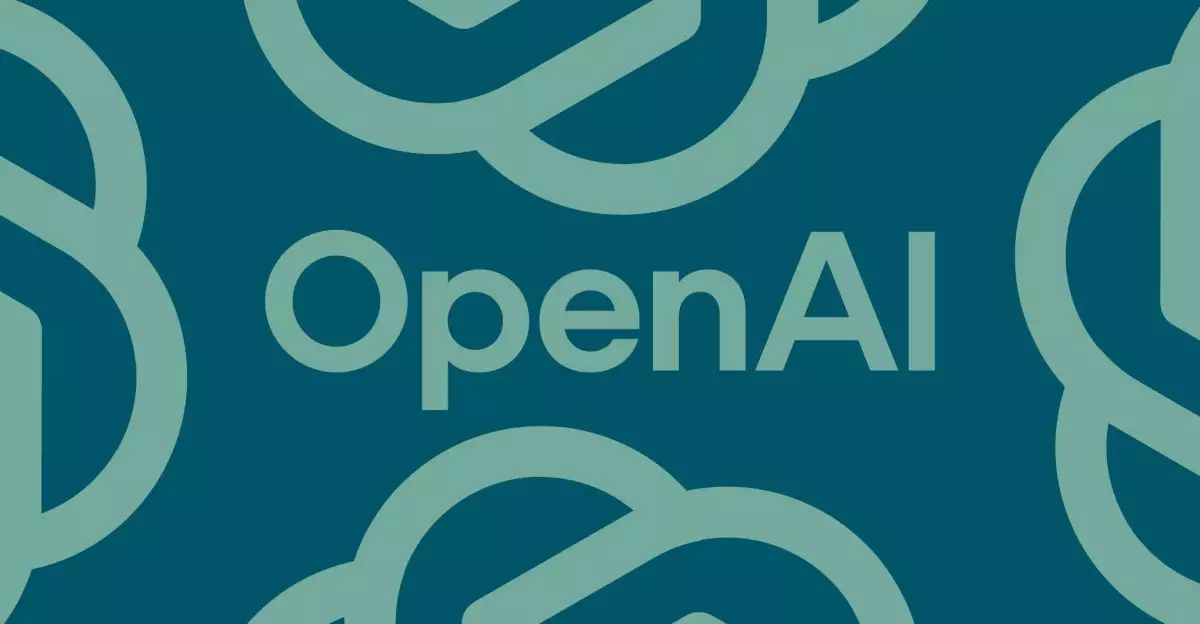The ongoing tensions between Elon Musk and OpenAI epitomize a significant struggle for control over the future direction of artificial intelligence. Musk’s involvement in AI has been marked by both visionary enthusiasm and stark criticism, presenting an enigmatic figure whose actions often oscillate between altruism and self-interest. The latest development in this saga is OpenAI’s countersuit against Musk, accusing him of executing bad-faith maneuvers aimed at undermining their operations for personal gain. This legal tug-of-war raises profound questions about accountability, ethics, and the very future of AI technologies.
Elon Musk: A Double-Edged Sword
Musk, recognized as a pioneer in tech innovation, entered the AI landscape with high ideals. However, his recourse to litigation—first against OpenAI and now flipping the dynamic with a countersuit—suggests a more complex motivation. His assertive stance against OpenAI, alleging that the organization strayed from its foundational purpose, evokes a narrative that simultaneously reveals his drive for ethical AI and hints at his desire to re-establish influence. It is imperative to scrutinize whether Musk’s proclamations align with a genuine concern for public welfare or if they manifest a deeper craving for control over an industry poised to revolutionize humanity.
The Stakes of the Counter-Lawsuit
OpenAI’s response to Musk’s actions reflects a critical turning point. The organization accuses Musk not only of instigating disruption through frivolous lawsuits but also of utilizing his stature to stifle innovation. In their legal stance, OpenAI highlights the pressing need to safeguard its mission against vested interests seeking to manipulate outcomes. To characterize Musk’s behavior merely as a legal dispute is to overlook the broader implications: at play is a battle for who will set the ethical framework and operational strategies for AI moving forward, a sector that could redefine human capabilities and societal norms.
Calls for Ethical Leadership in AI
The disagreement invites a necessary discourse on the ethics of AI governance. Musk’s claims about returning to a more humanitarian mission for AI contrast sharply with the industry’s current trajectory, which often prioritizes profitability over ethics. While the techno-optimistic narrative glorifies the potential of AI to address global challenges, it simultaneously conceals the risks of monopolization and market exploitation. OpenAI’s legal actions signal a willingness to stand firm against what it perceives as an existential threat to its mission, challenging the industry to consider who should hold the reins of such powerful technology.
The Implications of a Prolonged Legal Battle
As the case progresses, with a trial set for spring 2026, the implications stretch beyond the individuals involved. This legal case could establish precedents that influence the operational liberty of tech firms and shape public perception of AI governance. The outcome has the potential to highlight or dampen entrepreneurial spirit, innovation, and ethical responsibility in the tech space, raising vital questions about how the sector can balance profit-making with social responsibility. Thus, this battle between Musk and OpenAI might not only redefine their paths but could also steer the future of technological advancement across the globe.


Leave a Reply
You must be logged in to post a comment.